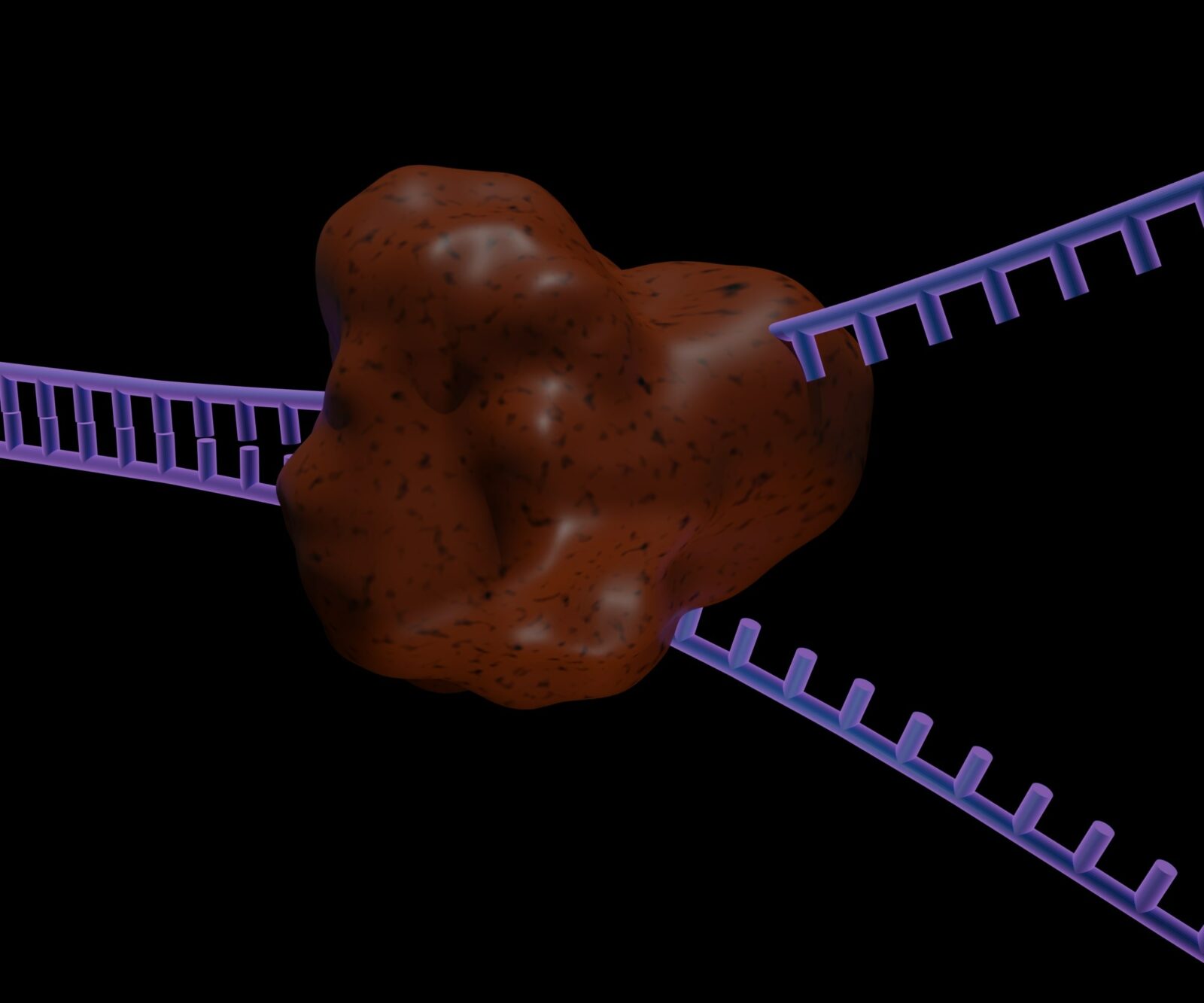Jonathan McLatchie on Classic Examples of Irreducibly Complex Systems
On this episode of ID The Future, Dr. Jonathan McLatchie discusses the key features of irreducibly complex biological systems with host Tom Gilson. McLatchie is a fellow at the Discovery Institute’s Center for Science and Culture. He holds advanced degrees in evolutionary biology and molecular bioscience. He is also an assistant professor of biology at Sattler College in Boston and speaks and interviews regularly on science topics. Here, McLatchie takes us on a deep dive into two classic examples of irreducibly complex systems – the bacterial flagellar motor and the process of DNA replication in cell division. He explains the intricacies of each process and shows why each stands up to scrutiny as a true example of irreducible complexity. Along the way, he explains why the RNA world scenario isn’t likely to be the answer to irreducible complexity that materialists are looking for. And near the end, be sure to listen to McLatchie explain the “likelihood ratio” of the evidence for irreducible complexity, a top-heavy ratio he says strongly supports a design hypothesis. This is Part 1 of a 2-part interview.
